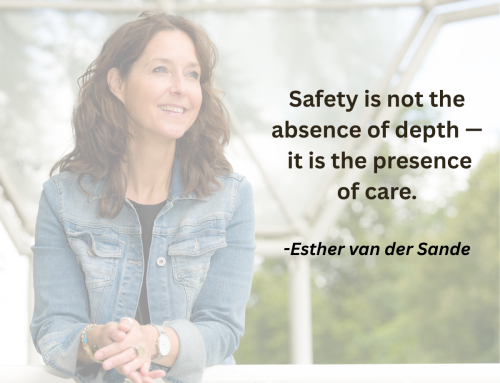Thanks to Art by Aaron Jasinski for the image
First of all, let’s examine what dissociation is, and how can it affect you.
Dissociation is a natural process where your mind disconnects from the world around you. In its simplest form, it’s a daydream. That lovely moment where your mind wanders off from the present, to rest in detached consciousness.
As it becomes more severe, however, dissociation can actually affect your perception, emotions and even your sense of self. Every person has their own unique set of symptoms, however many experience depression, anxiety and mood swings. Difficulty controlling their emotions, memory loss and at the far end of the scale, dissociation can lead to an altering of your identity.
So what causes dissociation?
Mild dissociation can be caused, as we’ve said, by your mind simply wandering off. Often when you’re totally at ease, and perfectly relaxed. As your stress levels increase, however, dissociation takes on a different role.
Have you ever found yourself in a stressful situation, for example, where you are starting to lose focus, and your mind kind of takes a ‘mini-break’ from it all? Well, that’s dissociation too, and it’s perfectly natural, healthy and normal. Allowing you to lower your stress levels, and return to the situation better prepared to deal with it.
When it can become a problem, however, is when the underlying cause is a traumatic event. Dissociation often follows trauma, and again, it’s your nervous system protecting you. The detachment helping you deal with difficult memories, and it’s part of the natural healing process. Most of the time dissociation will fade, however in some cases, when it lingers, dissociation can cause all kinds of problems, particularly in your relationships.
Dissociation can lead to behaviour that seems a little out of characters, such as angry outbursts, defensiveness or impulsiveness – and if this continues long-term, it’s going to result in a further disconnect with your relationships.
You’ll build an emotional wall that may protect you in the moment, but again, long-term will inhibit meaningful connections. And in reality, those connections with family, community and loved ones are incredibly important in helping us recover from trauma.
Dissociation can also be triggered, seemingly out of the blue by a smell, or a sound that reminds you of the initial trauma and results in a subconscious, or even conscious dissociation from the present moment. You can imagine the difficulty this places on existing relationships too, if past experiences are constantly being brought back into the present moment, causing confusion and distancing from real-time experience.
How can we manage dissociation?
The first step in any kind of treatment is awareness, so if you’re reading this article and it resonates, then you’re already on the path to recovery. Most of the time, as we said, dissociation will help you through a difficult time, and will slowly disappear when you don’t need it anymore.
If it starts to interfere with your everyday life and begins to have a detrimental effect on your relationships, however, then we’d strongly advise seeking help from a therapist or trauma-informed professional of any kind.





Leave A Comment